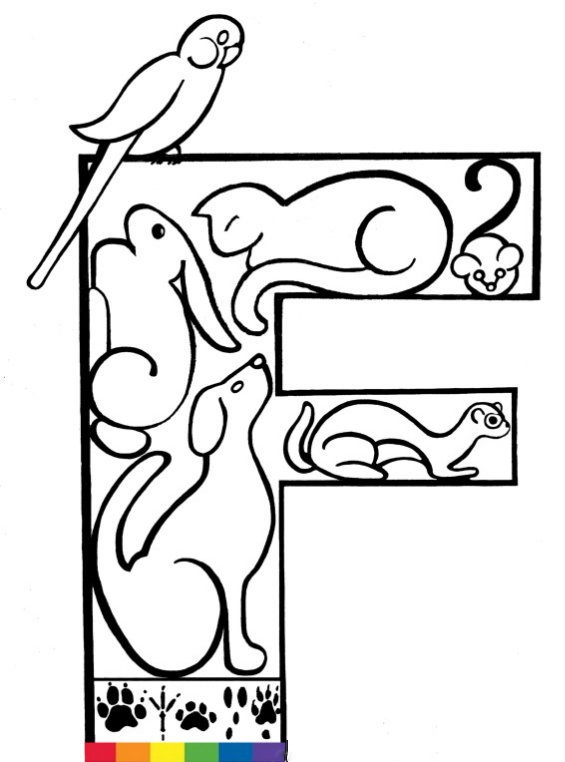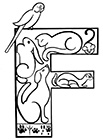Acupuncture for Your Pets • Here, at Fur and Feathers Veterinary Care, Dr. Leslie Personett has been an International Veterinary Acupuncture Society (IVAS) certified veterinarian (CVA) since 1996. She was trained by IVAS in their 1995-1996 course in Houston, TX. She has extensive experience in acupuncture for horses, dogs, cats, and rarely rabbits. • Acupuncture has been used in China for thousands of years to produce a healing response in the body. It involves the insertion of needles into certain points of the body where nerve bundles and blood vessels intersect. • The needles enhance blood circulation and stimulate the release of hormones with the goal of encouraging the body to correct imbalances. More and more pet parents are trying acupuncture for dogs and cats. • Acupuncture is virtually painless for small animals, and many owners find their pets become relaxed or even sleepy when the needles are in place. • A new development in animal acupuncture is the use of lasers instead of needles for a completely painless experience. • There is a very low risk of any side effects from properly performed acupuncture. • Animal acupuncture should only be performed by a certified veterinary acupuncturist trained in traditional Chinese veterinary medicine (TCVM). • Research has shown that acupuncture can both safely and effectively reduce physical and psychological problems related to cancer and its treatment. • The number of vets and pet owners integrating it into a wellness routine is absolutely growing. • Acupuncture is also gaining more acceptance in traditional veterinary spheres. • Pain management is one of the most common uses for acupuncture, often in conjunction with a more traditional treatment plan. Strong medical treatments like chemo, which can cause discomfort, are often paired with acupuncture to help make a pet more comfortable and able to fight the illness. • Musculoskeletal problems such as arthritis, hip dysplasia or nerve injuries can respond to acupuncture. It is often employed during rehabilitation after an injury. • Skin problems such as hot spots may respond well to acupuncture treatment because increased circulation can improve healing, while pain reduction will reduce a dog’s overgrooming or itching responses. • Gastrointestinal problems like nausea and diarrhea can be aided by the increased blood flow from acupuncture. It may also help normalize digestive activity by stimulating digestive secretions. • Respiratory problems like asthma and allergies can benefit from the immune-calming, anti-inflammatory capabilities of acupuncture. • Always work closely with a veterinarian to develop the treatment plan that’s right for you and your dog. Alternative healing methods like acupuncture might have the potential to make your dog’s life more comfortable when used in conjunction with more traditional medicine.

